The veto came not from Nawrocki, but from Poland
According to estimates by the information portal inPoland, there are currently around 992,500 Ukrainian citizens with temporary protection status living in Poland, which has a population of 36 million. This is 23% of all Ukrainians in the EU, with only Germany having more (around 1.2 million). The reason is clear – Poland is culturally and geographically close and, until three years ago, was very welcoming towards Ukrainians.
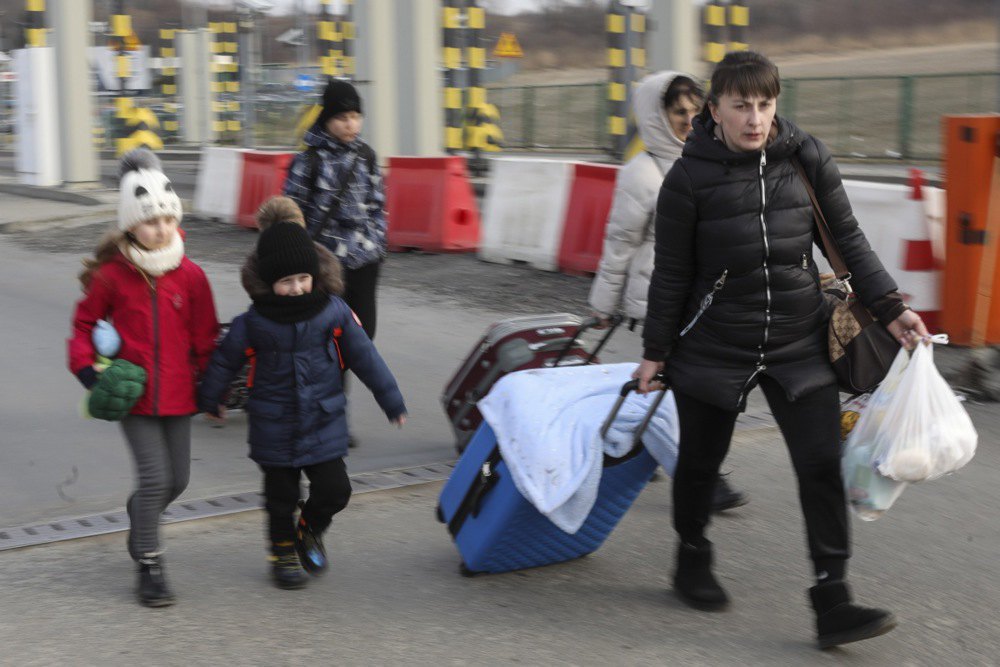
The situation shifted on the eve of the presidential elections, when several political forces decided to make the “Ukrainian question” a key element of the domestic agenda. The presidential candidates themselves debated the status of Ukrainians, with three of the five frontrunners expressing negative views about them in one way or another.
At the end of July, anti-migrant rallies were held in 80 Polish cities under the slogan “Poland for Poles.” It was not explicitly stated that this meant “not for Ukrainians,” but the message was unmistakable. Film director and writer Iryna Tsilyk, for instance, described on Facebook how she and her husband Andriy, while walking through a historic Polish town, saw graffiti on a wall: “Ukraincy won!” (Ukrainians, get out! – ed.).
So when President Karol Nawrocki invokes his campaign slogan “Poland first, Poles first,” many perceive it as entirely logical.
“We must achieve social justice here,” he said, explaining why certain benefits will only be available to Ukrainians who “perform compulsory work.”
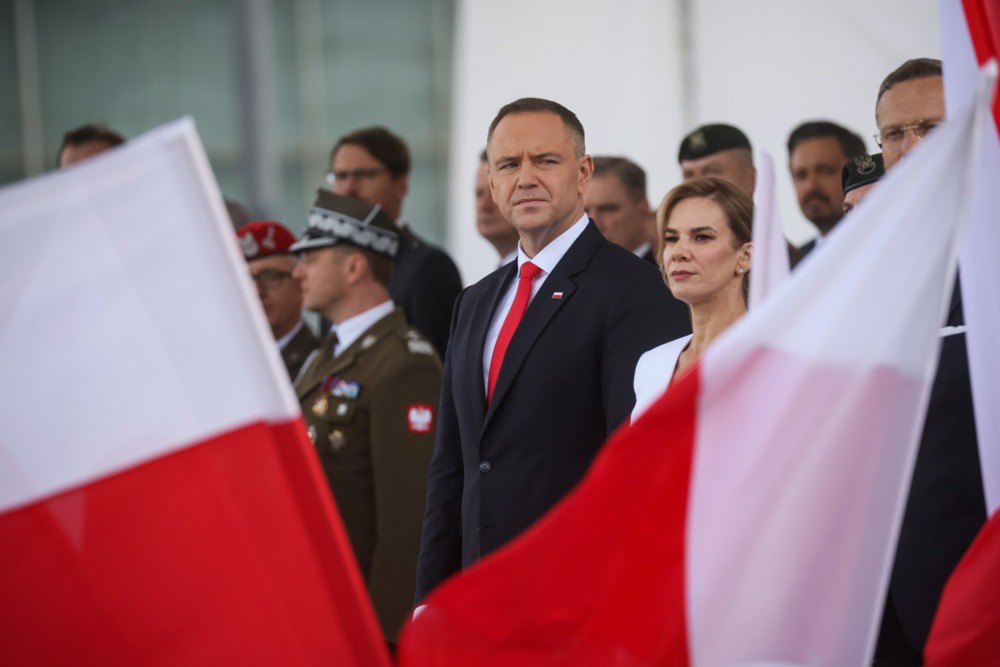
Changes to child and family benefits
Initially, Ukrainians with temporary protection received 800 zloty per month for each child under the age of 18 as part of the “Family 800+” programme, explains Zoryana Samotiy, a Ukrainian currently living in Poland under temporary protection. From 1 June 2025, however, the payment will only be provided if the child attends a Polish school. Nonetheless, a one-off annual payment of 300 zloty will continue to be available for each school-attending child under the “Good Start” programme.
Support payments for low-income families with children under 18 will also remain available, with the amount depending on the child’s age and family income. “If the child has a disability, the payments are higher,” notes Samotiy.
Healthcare access remains
There are also certain entitlements in the healthcare system. “All Ukrainians with temporary proctection status are entitled to medical insurance, meaning access to free or partly subsidised treatment, similar to Polish citizens,” she says.
Social support curtailed and citizenship rules tightened
After Nawrocki’s veto, the extension of social assistance to Ukrainian refugees until March 2026 is now in doubt.
The announced changes are as follows:
- payments under the “800+” programme will only be available to those officially employed in Poland;
- free medical care for unemployed Ukrainians will be cancelled, with access to healthcare made conditional on employment.
“There was no information about other additional payments (to low-income families or for children with disabilities). But since low income is calculated based on official income, it is obvious that they will not receive it either,” observes Samotiy.
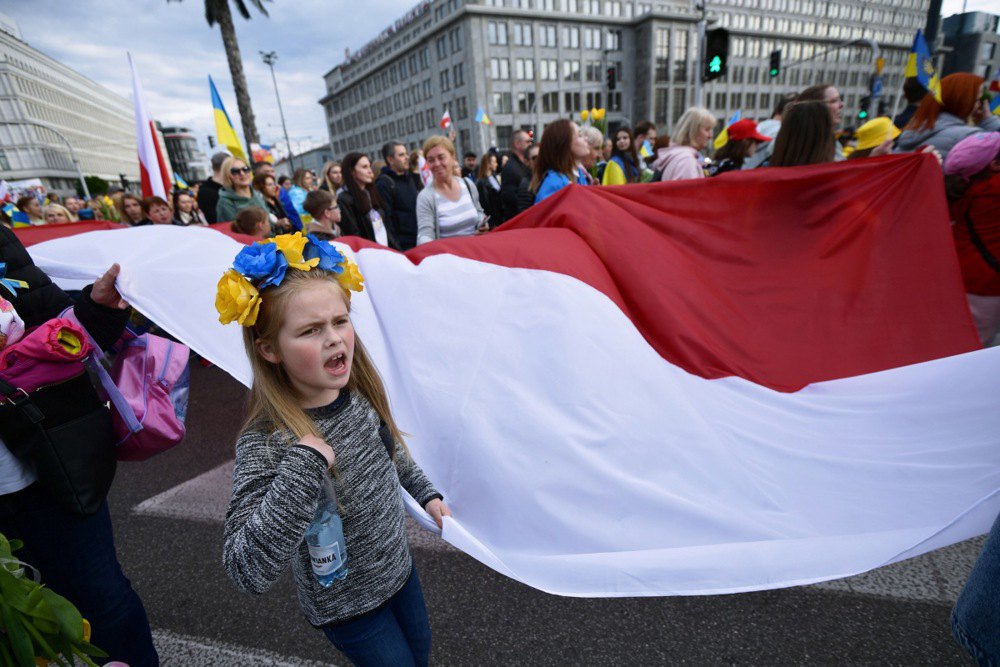
Poland was never a social paradise – assistance was previously available only to refugees with children. Yet this is precisely the group for whom finding employment, even outside their field of expertise, can be particularly difficult. This is especially true if the children have disabilities, are of preschool age, or are abroad with their grandmother rather than their mother. Denying such families access to medical care could prove a severe blow.
There is also a considerable number of refugees who continue to work remotely for Ukrainian companies while residing in Poland. Over the years of their refugee status, many have found ways to support themselves abroad, with some also sending money to their relatives in Ukraine. According to the National Bank of Poland, in the first quarter of 2025 immigrants transferred 5.6 billion zloty out of the country, more than 53% of which (around 3 billion zloty) was sent to Ukraine. From the perspective of the Polish state, however, these people are not considered part of the workforce.
And finally, President Nawrocki has proposed lengthening the period of residence required to apply for citizenship from three years to ten, effectively preventing Ukrainians who arrived in 2022 from qualifying. He also intends to equate so-called “Bandera symbols” with Nazi symbols. This is no longer an economic issue but an appeal to anti-Ukrainian sentiment – from whichever quarters it arises.
Yet if one sets aside the matter of “Banderism” (however Nawrocki defines it), it is difficult to hold him alone responsible for restricting benefits for Ukrainians.
“The situation is very acute. The candidate from the ruling coalition proposed the same changes to legislation in his election programme, at least regarding the 800+ benefit,” notes Samotiy.
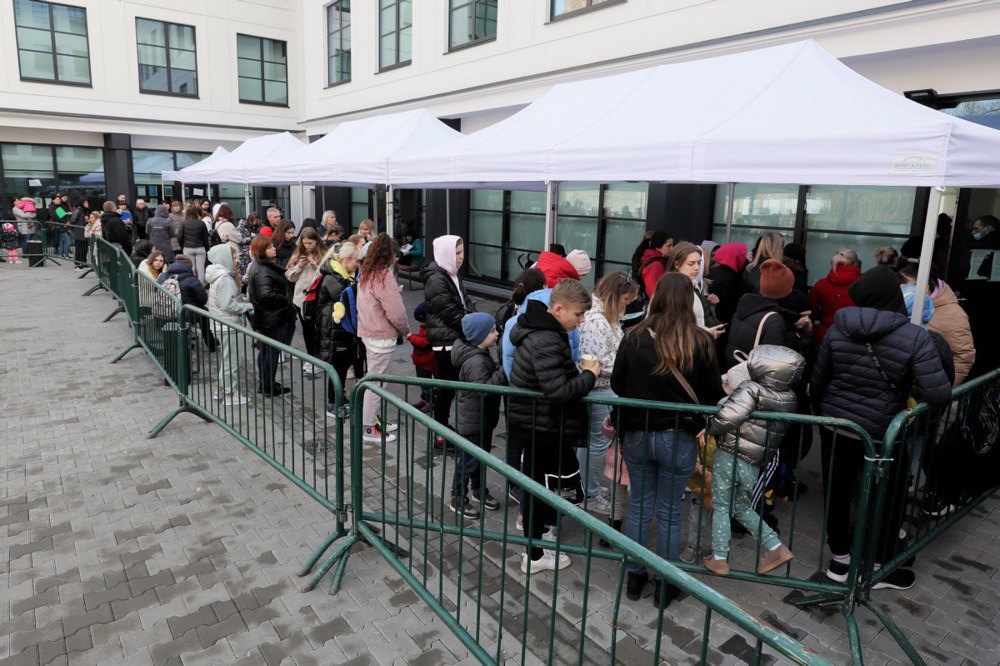
‘Be useful or go home’
Not only Poland but also other European countries will do everything possible to retain only those Ukrainians who have integrated – who study, work and are able to become part of the local community in the future, says Vasyl Voskoboynik, president of the All-Ukrainian Association of International Employment Companies. Those who had hoped merely to wait out the difficult times while receiving social benefits will be forced to return to Ukraine. “The conclusion is unfavourable for us: the most talented, hard-working and adaptable will mostly remain abroad,” Voskoboynik warns.
German Chancellor Friedrich Merz recently declared the need for a fundamental reassessment of the social welfare system. “The welfare state as we know it today can no longer be financed by what we can afford economically,” Merz told his party’s conference.
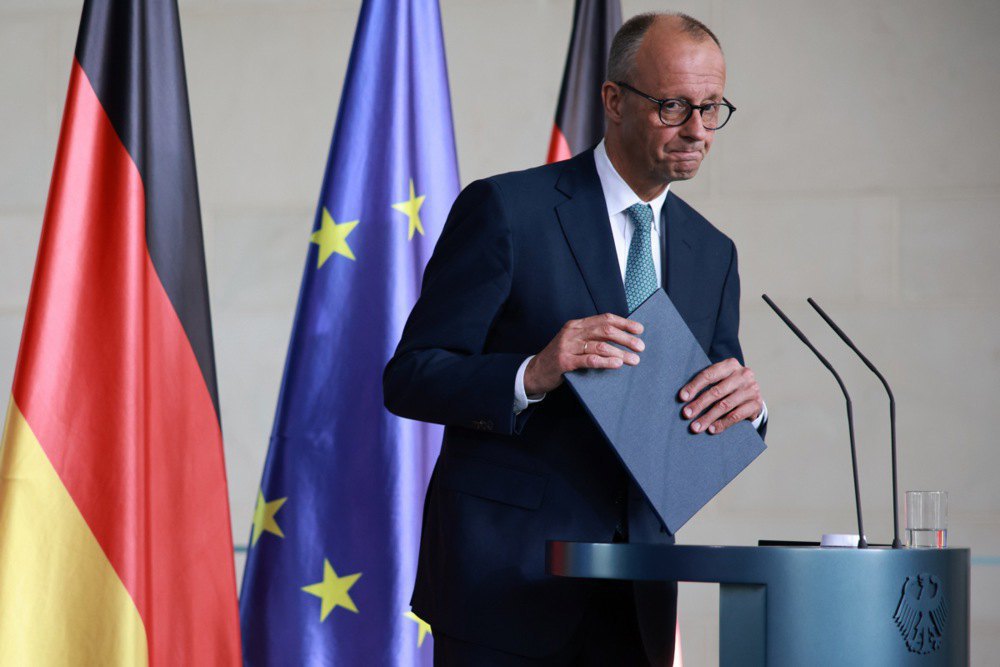
This is part of a broader trend in the coming years – a reduction in social assistance and a scaling back of support for those who, as Vasyl Voskoboynik puts it, have chosen “social dependency.” Europe, he argues, will gradually shed such migrants by restricting social payments.
Once the war ends, European countries are likely to revoke temporary protection status. Ukrainians will then need to prove their grounds for remaining in EU states.
“They will have to obtain a work or student visa, or confirm that they are already employed in, say, Poland and have a source of income that allows them to pay for housing,” the expert explains. In his view, this will apply to refugees in all European countries without exception, meaning the moment is approaching when they will have to choose between staying and returning.
Meanwhile, “wartime” social programmes are being curtailed. In 2022, a number of ad hoc regulations – temporary EU measures adopted to address the crisis caused by the mass arrival of Ukrainian refugees – were introduced. Yet three and a half years on, these are now being reconsidered. Several countries have begun categorising refugees by region of origin and tailoring social packages according to their integration and compliance with certain standards, such as learning the local language, notes political scientist Oleh Saakyan.
Germany, for instance, offered social housing, unemployment benefits, separate allowances for children, and funded both language courses and professional development, Voskoboynik points out. But all of this is now under review. “I believe that if we want to understand what will happen next, we should look not at Poland, but at Germany,” he argues. “If its far more economically developed neighbour revises its programmes, other countries will follow suit.”
Times and places increasingly unfriendly to migrants
The issue of migration has become highly relevant across most European countries, says Maksym Yakovlev, candidate of political sciences and director of the School of Political Analysis at NaUKMA. Many political parties are now addressing it, although until recently the idea of “not letting migrants in” was considered a far-right position, shunned by mainstream political forces.
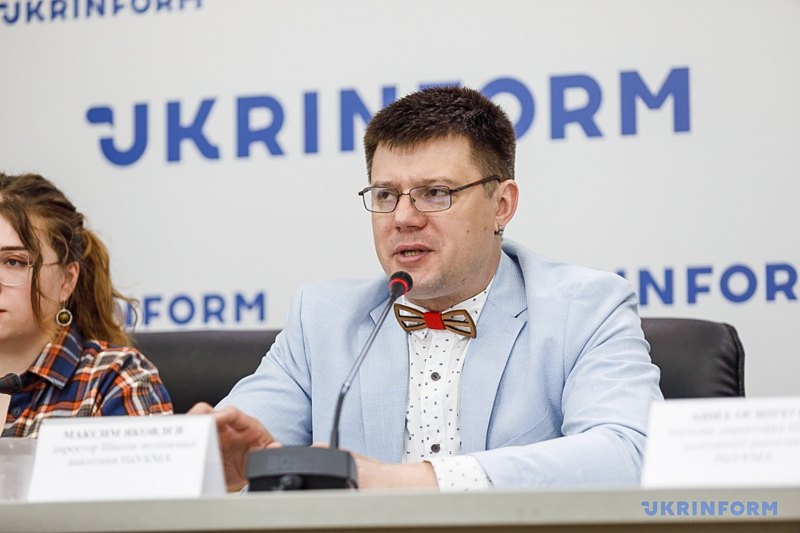
“There are now many publications on this subject, and scholars and public intellectuals acknowledge that we were mistaken in our migration policy when we allowed large numbers of immigrants from Africa, the Middle East and elsewhere into our countries,”Yakovlev explains. Migrants who failed to integrate have created serious problems that can no longer be overlooked: the emergence of autonomous ghettos of non-integrated foreigners, the Islamisation of Europe, rising crime and billions spent on social benefits.
Politicians have seized on this sentiment. “Ukrainians cannot be considered separately from the migration issue as a whole. There are already many of them in Europe,” Yakovlev points out. He recalls the response that the parliamentary group Alternative for Germany (AfD) received from the Federal Ministry of Labour in July. AfD had requested data on the 14 most common names among recipients of Bürgergeld social assistance. As of June 2025, Olena (14,400) ranked fifth, while Anna, Oleksandr, Tetyana and Iryna occupied 11th to 14th places. In total, five of the 14 names belonged to Ukrainian beneficiaries. “It is clear that there will be a reaction to this. Why are 12,000 men named Oleksandr receiving state support?” the expert remarks.
The migration challenge in Europe is entrenched and will not disappear from the political agenda, he believes, and Ukrainian refugees have become part of it. They now face the task of integrating into new societies and proving their capacity for work, especially given that many Ukrainians in the EU are employed in less skilled jobs than they held at home. European governments, meanwhile, are waiting for the Ukrainian authorities to act – to engage with them and create conditions that would encourage return. “It is a complex problem, and the weakness of the Ministry of National Unity is also aggravating the situation,” Yakovlev concludes.







